Transgender
60 minutes airs story on Trans healthcare, raises concern for advocates
We were concerned that the groups that oppose transgender people might try to weaponize our story and use it against transgender people
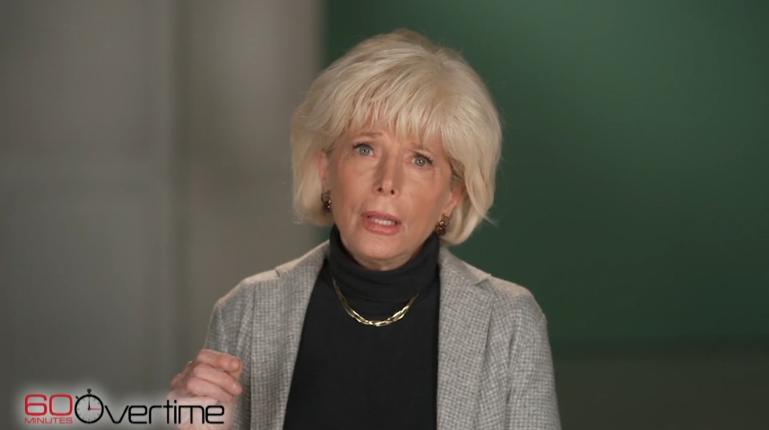
NEW YORK – CBS News 60 minutes correspondent Lesley Stahl reported on the health care challenges facing the transgender community this week, although a portion of her reporting also covered those individuals who have detransitioned, a subject that has been politicized by anti-LGBTQ groups such as the Heritage Foundation, the Alliance Defending Freedom, and others opposed to Trans rights.
In a piece including the accompanying video report published by CBS News Sunday on 60 Minutes Overtime, Stahl related that she cannot remember another story she has worked on at 60 Minutes where comments and criticisms began surfacing from advocates before the piece aired.
“We were concerned that the groups that oppose transgender people might try to weaponize our story and use it against transgender people,” she said. “Some of the activists who reached out to us told us they were worried about it too. Our story was really about health care. And we wanted to keep it focused on health care and not make it a political story.”
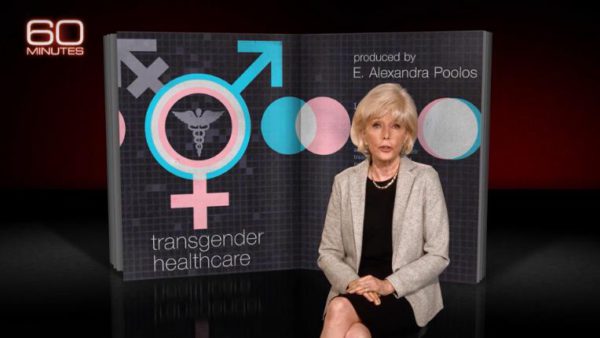
Alphonso David, the president of the Human Rights Campaign (HRC), told Stahl he was concerned that reporting on those who choose to detransition could be “taken out of context [and] could further victimize and marginalize” the transgender community.
“Bringing a story to light about detransitioning without talking about the vast majority of people who positively transition, would cause concern because it sends a message,” David said. “We need to also elevate the positive stories of people who successfully transition.”
Dr. Lee Savio Beers, a pediatrician, professor, and the president of the American Academy of Pediatrics Stahl it’s vital to “help dispel the myths about what gender-affirming care is and isn’t.”
“I also think it’s really important, no matter how we do it, and in whatever setting, to make sure that we send a message to transgender youth and gender-diverse youth and their families that they matter, that their experiences matter, that we care about them and we want them to get the best medical care, we want them to get the best education, we want them to get the best support from their families and their communities,” Beers said during the interview.” And I think that has to be our north star.”
CBS 60 minutes broadcast segment via CBS News website here:
https://www.cbsnews.com/news/transgender-health-care-60-minutes-2021-05-23/
CBS News 60 Minutes Overtime with further discussion and context here:
https://www.cbsnews.com/news/60-minutes-transgender-health-care-issues-2021-05-23/

Digital Media
LGBTQ youth love TikTok. Does TikTok love them back?
Platform’s algorithm found to promote homophobia, violence
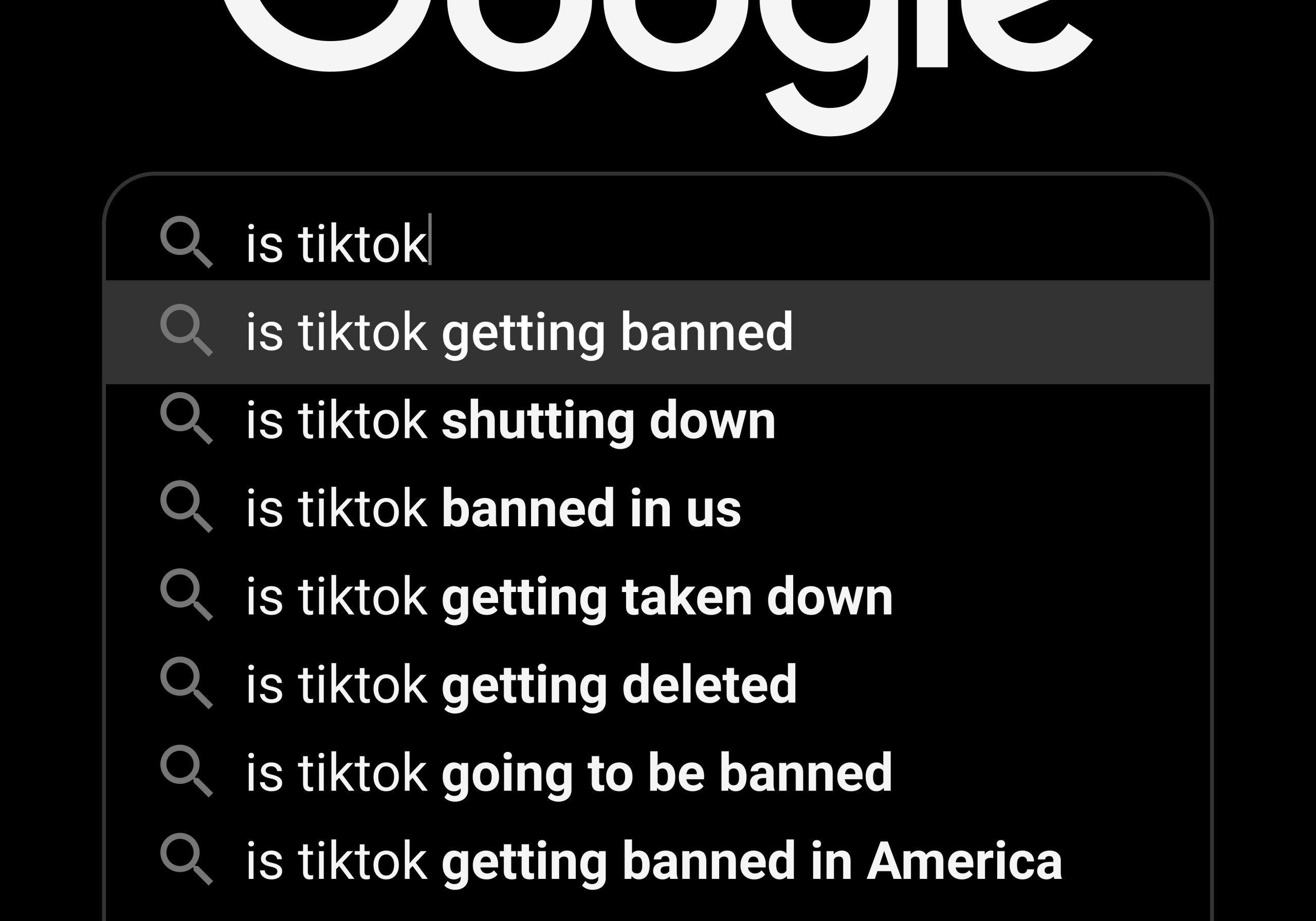
When Jocelyn was stuck inside during most of 2020, they did what any high school senior would do: scrolled through TikTok. They found themself on the hashtag #tiktokmademegay a lot. (To protect privacy, the Blade is opting to only use Jocelyn’s first name).
“At the time, I didn’t give it a lot of thought,” they say, acknowledging that most users viewed it as “more of a joke.”
Now a senior in college, where Jocelyn will graduate with a degree in Women’s, Gender, and Sexuality Studies and Computer Science this spring, they have a more nuanced perspective. Nuanced enough to embark on a year-long independent thesis on the topic.
They still get that the hashtag is a joke, but probe into what lies behind it, noting a tension between the “the born-this-way narrative of sexuality essentialism” to the idea that “sexuality is socially constructed.” They also question the power this narrative gives to TikTok in its ability to surveil user data and identity.
What got Jocelyn so interested in it in the first place was the fact it was a conservative talking point being replicated by the queer community. Because, what amounts to a joke or an intellectual query for some, is a point of anxiety and fear-mongering for others.
The conservative think tank known for writing Project 2025, the Heritage Foundation wrote “How Big Tech Turns Kids Trans” arguing that “Digital spaces are ever more designed to promote sexual and transgender content.” This argument has incredible staying power and has been echoed by numerous far-right pundits like Oli London and Charlie Kirk.
It has also been referenced by lawmakers. Tennessee Sen. Marsha Blackburn (R) stated the Kids Online Safety Act (KOSA), bi-partisan legislation she co-sponsored restricting youth access to social media, was meant to “protect minor children from the transgender [sic] in our culture.”
TikTok has faced numerous challenges over the years. From Montana’s currently unsuccessful ban on use in its state to the “divest-or-ban bill” signed by President Joe Biden in April or the lawsuit brought by more than a dozen attorneys general in October—it is clear there is a broad coalition of U.S. lawmakers concerned about the app.
These acts—which cite both national security and youth mental health—come in conjunction with a larger movement to limit youth access to social media—locally, nationally, and internationally.
Data security experts and some legislators state that the national security risk of the app is only hypothetical due to the fact TikTok houses U.S. user data in the states. There are pressing concerns about the safety of user data, explains Shae Gardner, the policy director at LGBT Tech. Focusing those concerns entirely on one platform due to a hypothetical risk rather than the widespread, real risks across multiple platforms is disingenuous.
“Proponents [of this ban] have been saying that this is urgent and necessary to protect the data of Americans,” says Gardner, “But we have been asking for years for nationwide data privacy protections, and watching the efforts die over and over again on the legislative vine.”
In fact, Gardner argues, “Regulating one application is both legally dubious and will ultimately be ineffective in doing so.” Gardner explains that though LGBT Tech is not involved in any legislation against the ban, which other tech policy groups are, they hold the shared belief that it is unconstitutional to target a single platform rather than the wider ecosystem.
The risk to youth mental health, which has also been cited as a major concern, is more complicated. Best sellers like the highly critiqued “The Anxious Generation” argue that all youth mental illness is linked to social media. The data doesn’t back this up, argue numerous experts.
Amid the panic, LGBTQ advocates have passionately argued that queer youth’s access to technology is uniquely beneficial due to a lack of education and community in the physical world. The Trevor Project identified TikTok as the platform where LGBTQ youth felt most “safe and understood.”
Data largely backs this up. A systematic review from 2022 found that “social media may support the mental health and well-being of LGBTQ youths through peer connection, identity management, and social support.” The review noted that more research is needed, noting that their results may be limited by weak evidence due to factors like small sample sizes.
Celia B. Fisher, the Marie Ward Doty University Chair in Ethics at Fordham University, was able to gather a larger sample by conducting a national survey of more than 500 on Instagram. With that reach, explains Fisher, “you’re more likely to get a fuller view of what’s going on nationally.”
“There’s an anonymity with national surveys,” adds Fisher, “[It] brings different people to answer questions that they may not want to talk about to somebody in person.”
In March 2024, she published the peer-reviewed article “Social media: A double-edged sword for LGBTQ+ youth” in the Journal “Computers in Human Behavior.” Many results agreed with the larger narrative of online spaces as refuges and community-building spaces. “It’s a wonderful place when they can find the appropriate sites,” says Fisher.
Jocelyn, the student researcher, echoes this. “Many of the videos I have come across discuss how the comfortability of the queer spaces on TikTok was part of the reason they felt comfortable enough to come out and explore their sexuality.”
When youth drift into non-welcoming territory, the story is different.
Fisher’s research finds that more than 80% of youth are exposed to discrimination either directly or vicariously (watching others being discriminated against) in the last month. Fisher wrote, “between 40% and 63% of all youth met the criteria for moderate levels of depression, anxiety, and substance use disorder (SUD).” Youth who described high exposure to discrimination had higher levels of depression, anxiety, and SUD.
The hate does not simply come from the run-of-the-mill bully finding a classmate online. “Algorithms expose them to these things,” says Fisher.
“If an algorithm sees that you’re interested in RuPaul… Then it begins its work on figuring out other sites that may be attached to similar interests. But as it moves on, it begins to add the heterosexist and transphobic types of posts.”
The fact that the algorithms that govern our tech can be sexist, racist, and homophobic is old news and highly studied, but it continues to have compounding impacts. Media Matters for America found in 2021 that TikTok’s algorithm specifically promotes homophobia and anti-trans violence.
Jocelyn also worries about handing over the power of identification and community to an algorithm. In addition to the #tiktokmademegay, other users promote the idea that “TikTok knows things about themself before they know it.” This rhetoric is “scary” says Jocelyn, because “handing over the keys of self-identification to an algorithm that we have no idea how it works is not something that feels right.”
Gardner echoes the complex views on the state of social media. Outside of her day job as a policy maven, Gardner is a TikToker under the handle @shaeitaintsoo, where she shares educational content about LGBTQ issues.
“These spaces also allow for a lot of queer joy and a lot of authenticity in a way that makes me proud to be a part of this community,” she says. At the same time, backlash is part of the job. The success of TikTok’s moderation has ebbed and flowed during her four years as a public figure on the app.
Gardner emphasizes that “hatred and harassment do not live in algorithms.” The discrimination faced online is replicated bigotry from offline spaces. Social media can amplify and distribute the bigotry in new ways. “It is the responsibility of the platforms to be making significant efforts to ensure that the replication is not then also multiplied and made ten times worse.”
Gardner sees the backlash as a “tale as old as time” that has been replicated without much evidence onto emerging technology. “I’m not saying that tale is not rooted in some element of truth. But this, this didn’t start with TikTok, I would push back against language that seems to think it will end with TikTok.”
In the meantime, Gardner implores those worried to not lose sight of the most important concerns.
“If your concern is that [kids and teens] are spending too much time in online spaces. What are you doing to create safe, physical ones for them?” Gardner asks.
(This story is part of the Digital Equity Local Voices Fellowship Lab through News is Out. The lab initiative is made possible with support from Comcast NBCUniversal.)
Transgender
LGBTQ club shooting mars TDOR: ‘This was our only safe space’
Club Q massacre happened Saturday night.
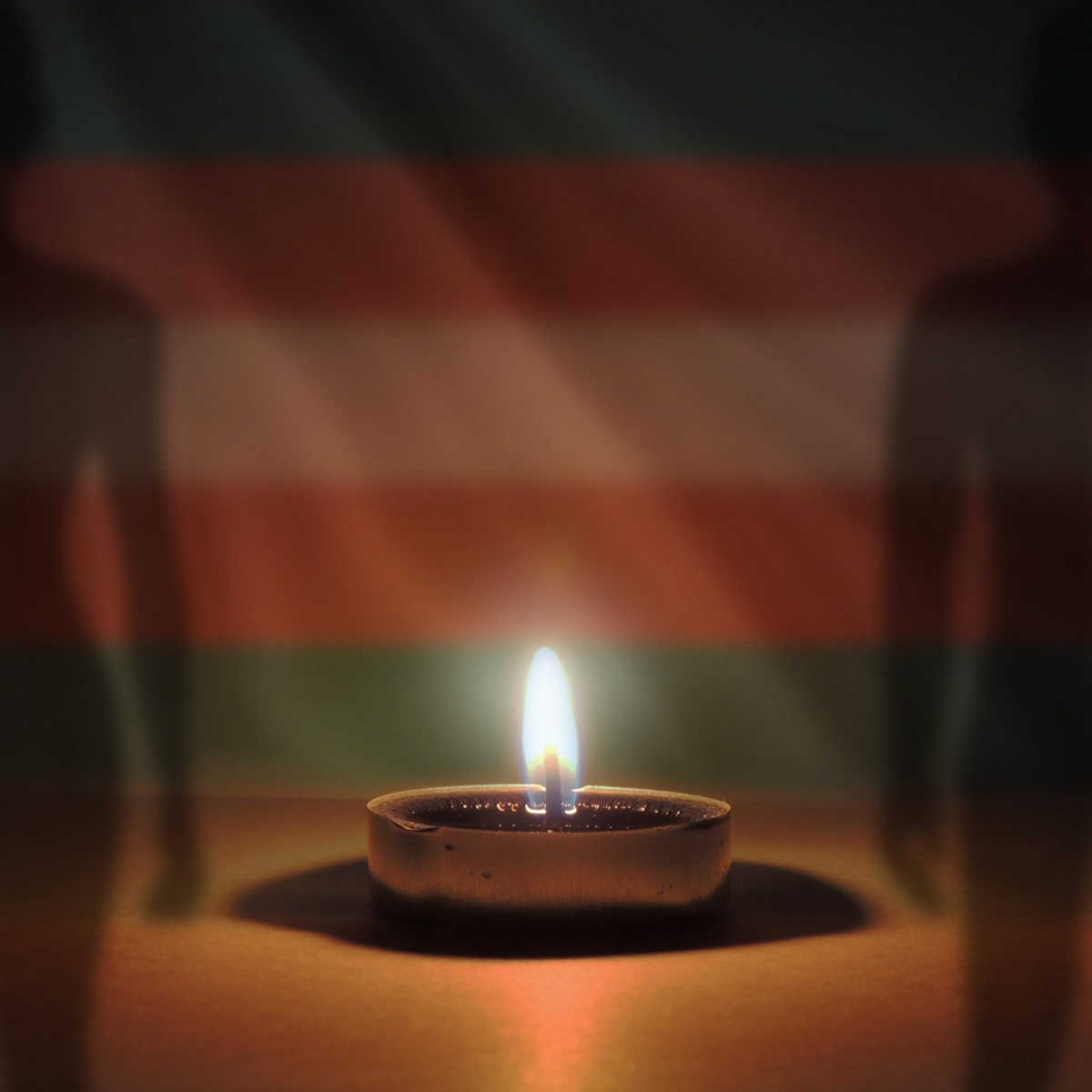
In his message this Transgender Day of Remembrance 2022, the day set aside to honor the lives lost to hate, bigotry and anti-transgender violence, President Joe Biden marked the lives of transgender Americans known to have been killed this year by horrific acts of brutality and highlighted the attack on the LGBTQ club in Colorado Springs which killed 5 and injured an additional 25 people.
“There is no place for violence, hatred, and bigotry in America. Yet, tragically, as last night’s attack in Colorado Springs reminds us, too many LGBTQI+ people in the United States—and around the world—continue to face unconscionable attacks. This is especially true for transgender Americans. On Transgender Day of Remembrance, we honor the 32 transgender Americans known to have been taken from us this year by horrific acts of brutality. The true toll is likely much higher, with Black and brown transgender women disproportionately targeted,” Biden said in a press release from the White House.
“In the face of this ongoing assault, my administration remains deeply committed to strengthening the rights of LGBTQI+ Americans, including transgender Americans. Since taking office, we have made it possible for transgender service members to once again serve proudly and openly in our military, improved the travel experience for transgender Americans, and provided resources to support the mental health of transgender kids and their families. I’ve directed my team to coordinate across the federal government to combat violence against transgender people and advance equality,” he continued adding, “I continue to urge state leaders to combat the disturbing wave of discriminatory state laws targeting young transgender Americans—legislation that hurts young people who aren’t hurting anyone. With Congress poised to pass the bipartisan Respect For Marriage Act, I also reiterate my call for them to likewise pass the Equality Act and provide long overdue protections to transgender and all LGBTQI+ Americans.
“This is a matter of safety and basic dignity. As we mourn the lives we’ve lost, let us resolve to continue building a country where every American can live free from fear and discrimination,” the president concluded.
As law enforcement authorities continue to investigate stories from inside Club Q are emerging. LGBTQ Victory Fund board member Matt McDermott tweeted a clip of a survivor speaking to the media in the aftermath:
“This was our only safe space in Colorado Springs. Where are we going to go?”
— Matt McDermott (@mattmfm) November 20, 2022
Take two minutes and watch this. pic.twitter.com/y6Nh6sfMRz
A spokesperson for the Federal Bureau of Investigation’s Denver Field Office acknowledged that FBI personnel were assisting the Colorado Springs Police Department in the investigation. The FBI also said several federal agencies are reviewing the evidence “to determine what federal response is warranted.”
Colorado Springs Police Chief Andrian Vasquez told reporters that the gunman was subdued by “heroic” patrons who hit him with his own gun. Police also said that two firearms recovered at the scene, but it is not clear if both were in the suspect’s possession.
Across the U.S. as municipalities and LGBTQ organizations and advocacy groups mark Transgender Day of Remembrance, vigils and memorial services are including the mass shooting in Colorado Springs.
On Capitol Hill, U.S. Reps. Marie Newman (D-Ill.), Jennifer Wexton (Va.) and Pramila Jayapal (Wash.), the co-chairs of the Congressional LGBTQ+ Equality Caucus’ Transgender Equality Task Force, announced the introduction of a resolution commemorating Nov. 20, 2022, as Transgender Day of Remembrance to memorialize the lives of trans people lost due to violence in the U.S. and around the world.
“At least 32 transgender and gender non-confirming people were killed in our country this year alone. And this morning, many of us woke up to the horrific news that yet another LGBTQ+ club was the sight of devastating and senseless gun violence. We cannot let homophobia, transphobia and hate win. The trans siblings we lose to violence every year are overwhelmingly Black, and overwhelmingly young. As the proud mom of an incredible trans child, I remain steadfast in my commitment to stop the needless hatred and violence that has affected our trans community for too long,” said Jayapal in a statement released Sunday.
“With this resolution to recognize Nov. 20 as Transgender Day of Remembrance, we honor the lives of the trans people we have lost to violence, recommit ourselves to creating a better and more just society for trans people to thrive, and salute the resilience of trans people everywhere.”
The National Center for Lesbian Rights issued a statement marking the shooting and TDOR:
“Our hearts ache for the victims of the Club Q shooting in Colorado Springs,” said National Center for Lesbian Rights Executive Director Imani Rupert-Gordon. “Five lives were stolen, at least 18 more injured, and countless lives will be forever changed.
It is devastating that they were targeted in a space where we look for community.
We have seen an unmistakable rise in hateful rhetoric directed at our community. This rhetoric cannot be separated from the tragedy we grieve today. Anti-LGBT messages contribute to a culture that fans the flames of violence toward us.
On Transgender Day of Remembrance, we honor trans folks we have lost to violence and rededicate ourselves to ending this violence. To do this, we need real gun reform. And we need to dismantle the culture that allows hateful rhetoric to give rise to tragedies like this one.”
Vasquez confirmed to media outlets that multiple search warrants are being executed. Police are asking anyone who may have information on the suspect or anyone potentially involved to please reach out to authorities.
Reaction in the LGBTQ community has ranged from disbelief to fear and also anger at far right extremists who have taken to Twitter and other platforms expressing satisfaction over the attack.
Desmond Napoles, a 15-year-old LGBTQ social media influencer from New York known as ‘Desmond is amazing’ tweeted:
— Desmond Napoles (@desmond_amazing) November 20, 2022
New York Times journalist Emma Bubola reported: “Hours before it was hit by a deadly mass shooting Saturday night, Club Q in Colorado Springs posted on Facebook about a planned “all ages drag brunch” on Sunday morning. The event was described by the club as a celebration of the Transgender Day of Remembrance, which honors the memory of transgender people who lost their lives to anti-transgender violence.”
In recent years, the killings hundreds of trans people in America, many of them trans women of color, continue to stoke fears of an “epidemic” of such violence.
The Human Rights Campaign reported:
“HRC has officially recorded at least 300 violent deaths of transgender and gender non-conforming people, including 32 in 2022 alone, since the organization began tracking this violence 10 years ago. Overall, transgender and gender non-conforming victims of violence are overwhelmingly Black, under 35, and killed with a firearm.
The highest known single-year total of fatal deaths of transgender and gender non-conforming people was in 2021, when at least 57 trans and gender non-conforming people were violently killed. Worse, these disturbing numbers likely underreport the deadly violence targeting transgender and gender non-confirming people, who may not be properly identified as transgender or gender non-conforming by police, media or other source.”
Transgender
Trans woman Lehlogonolo Machaba makes it to top 30 Miss SA
The first transgender woman to officially enter the South African Beauty Pageant, has made the first cut
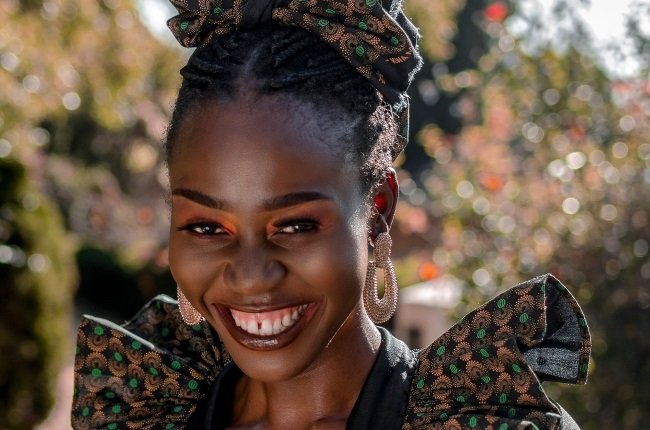

By Kelli Busey | MAHIKENG, NW, South Africa – Lehlogonolo Machaba, The first transgender woman to officially enter the South African Beauty Pageant, has made the first cut joining 29 gorgeous women as a top 30 semi-finalist.
Lehlogonolo Machaba, the only contestant from the North West, wrote in an Instagram post “I am proud to announce that I have OFFICIALLY made it to the #Top30 of #MissSA2021 thanks to all of you. This journey has been nothing but a great one and all of you have made this worthwhile. I will continue to push for change and acceptance of everyone in the LGBTQI+ community and being the first EVER TransWoman in the competition I can declare that by the grace of God TOP 15 here we come. Look out for all the information regarding voting on my next posts and Instagram stories. @official_misssa ”
Editor’s note: If you are from South Africa you can vote, for a fee, as a fifth judge by clicking here.
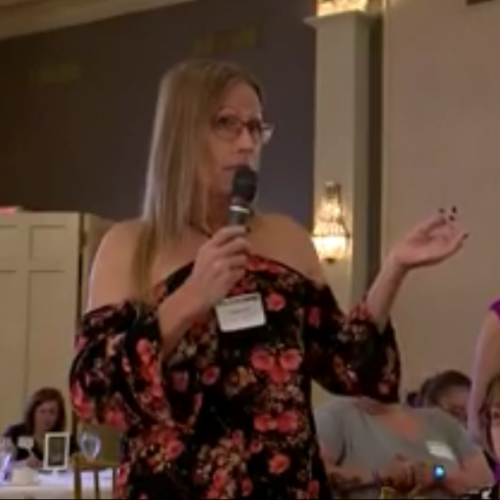
Kelli, Busey is the managing editor at Planet Transgender
The preceding article was originally published by Planet Transgender and is republished by permission.
-

 Virginia1 day ago
Virginia1 day agoDefying trends, new LGBTQ center opens in rural Winchester, Va.
-

 South Africa4 days ago
South Africa4 days agoLesbian feminist becomes South African MP
-

 Travel3 days ago
Travel3 days agoManchester is vibrant tapestry of culture, history, and Pride
-

 Opinions2 days ago
Opinions2 days agoUSAID’s demise: America’s global betrayal of trust with LGBTQ people










